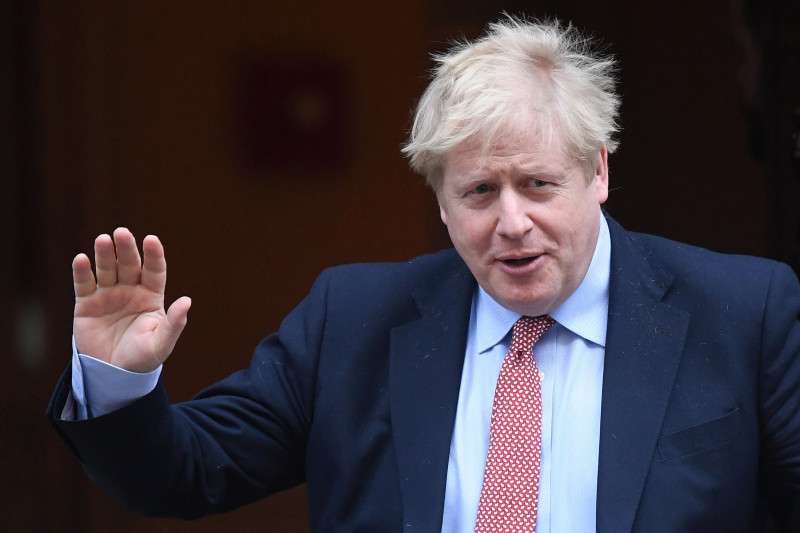The UK government has announced that it will further delay the implementation of border controls on agri-food imports from the EU, citing the pandemic’s disruption of supply chains for the extension.
Detailing the series of considerations that went into the revision of the time table, initially set to take full force in October 1, 2021, David Frost, the Brexit Minister indicated that this move is to allow businesses focus on their recovery from the pandemic.
Accordingly, there are also pressures on global supply chains caused by a wide range of factors including the pandemic and the increased costs of global freight transport.
“The pandemic has had longer-lasting impacts on businesses, both in the UK and in the European Union, than many observers expected in March. Businesses have faced a range of challenges over recent months as they recover from the global pandemic which has impacted supply chains across Europe.
“This is being felt particularly by the agri-food sector, where new requirements on importing products of animal origin were due to be introduced from next month.
David Frost, Brexit Minister
Even so, the planned border controls were due to start taking effect on January 1, 2021, to show that Britain is no longer in the single market.
However, the post-Brexit changes which mainly focused on placing controls on Agriculture and food products have been pushed back. And it will not get implemented for at least another three to nine months (January 1, 2022 to July 1, 2022).
Roll out of revised guidelines for post-Brexit controls
He indicated that the decision was made by the government today, as it set out a new timetable for introducing full import controls for goods being imported from the EU to the UK.
Thus, rather than introduce these controls given the existing circumstances, “the government has listened to those who have called for a new approach to give businesses more time to adjust,” Lord Frost said.
David Frost indicated that: “We want businesses to focus on their recovery from the pandemic rather than have to deal with new requirements at the border. [This explains] why we’ve set out a pragmatic new timetable for introducing full border controls.
“Businesses will now have more time to prepare for these controls which will be phased in throughout 2022. The government remains on track to deliver the new systems, infrastructure and resourcing required.”
David Frost, Brexit Minister
Further, he adduced that the delays on post-Brexit controls mainly applied to ‘Sanitary and Phytosanitary goods’ to be introduced on January 1, 2022. Also, controls on Export Health Certificates will now be introduced on July 1, 2022.
With these new controls underway, he assured that the government will work with parties closely linked with the implementation of this new timetable.
He stressed that, “[the government] remains on track to deliver new systems, infrastructure and resourcing needed for these controls.”
READ ALSO: Aker Energy to acquire FPSO for operation of DWT/CTP block offshore Ghana





















